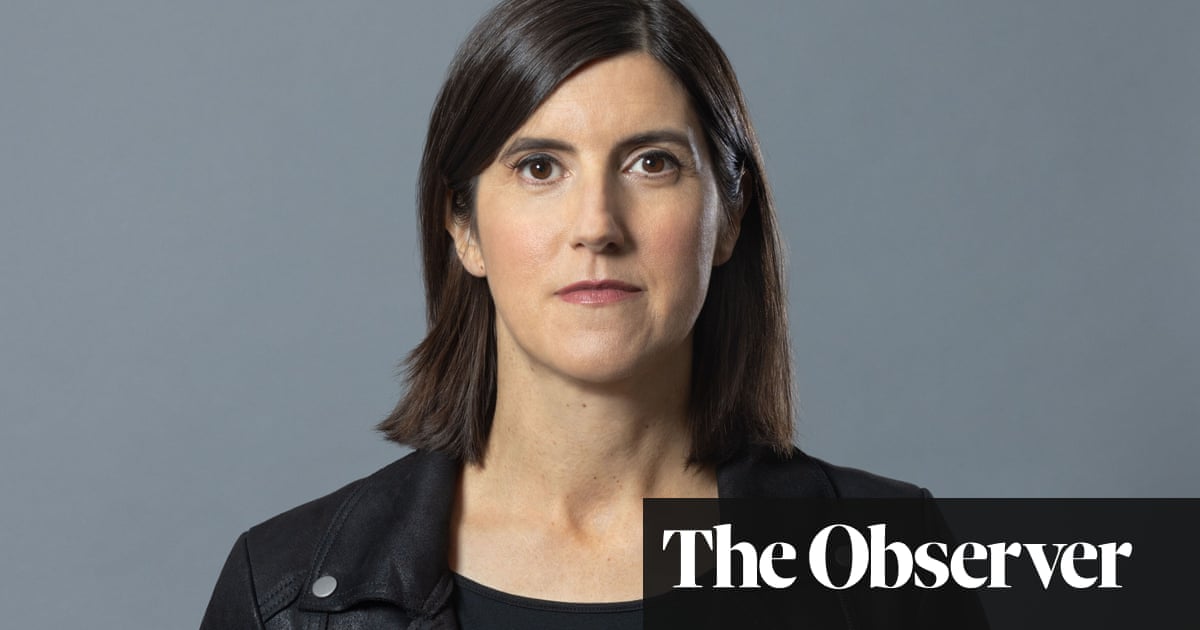Curtis Sittenfeld is irresistibly drawn to the awkward: to the geeks, and to those who are not quite as attractive, confident, rich or successful as the peers with whom, often to everyone’s surprise, they find themselves sharing space and time. Her readers, one suspects, feel a strong pull of identification with these less accomplished and veneered characters, not least because Sittenfeld allows us to believe there are significant compensations on this side of the social balance sheet. She took that optimistic outlook to its limits in her last novel, Romantic Comedy, in which a dating-averse backroom TV writer finds love with a front-page celebrity.
Sittenfeld might also have titled this collection of a dozen short stories The Hare and the Tortoise, although it is not always entirely clear that slow and steady does win the race. Many of her protagonists, who are often also narrating their own stories, find themselves in middle age, in domestic and familial circumstances of varying contentedness and stability; and whatever their feelings towards husband, wife, children or job, they are inclined towards looking back, perhaps to stave off the less certain prospect of looking forward.
Their encounters with the past are not always purely confined to memory; quite often they involve the unexpected resurfacing of former friends and intimates. The key message here is that whatever you think was going on, however sure you were of another’s thoughts and feelings about your shared history, you will almost certainly be wrong in some crucial detail. In The Tomorrow Box, an English teacher thoroughly embedded in a happy personal and professional life is surprised by an invitation to meet up with Michael, a guy who was part of his circle – the self-styled “Octagon” group of friends – just after they graduated. Michael, nicknamed Anus behind his back, has subsequently become extremely well known and extremely rich by reinventing himself as a self-help guru and pioneer of TotalHonesty.
Their rendezvous is the epitome of the kind of frictionless largesse that a certain kind of American wealth brings: a concierge glides our school teacher, Andy, into his armchair, drinks appear silently, an assistant chaperones the influencer into his old friend’s presence. Through their bland reminiscences and speed updating, Michael manages to give vent to the class insecurity he felt as a young man, establish that his friend has never listened to his phenomenally popular podcast nor read his books, complain about not being invited to his wedding, and float the idea of becoming a single father via a surrogate. Is this total honesty, wonders Andy, and more to the point, “how might the sentiments he was expressing be affected by knowing that I and the others in the Octagon had been referring to him by a synonym for butthole for two decades?”.
In another piece, a woman anxiously waiting for the results of a biopsy recalls the kind and attentive man she briefly took to her bed before choosing the husband from whom she now feels too distanced even to tell him her health worries; a mother chatting to her young children suddenly realises that the apparently inconsequential anecdotes her own mother used to tell her were in fact crammed with vital information about the life to come. These are stories that present us with compressed passages of time that open out to reveal a longer, more engagingly meandering view.
Elsewhere, the business of art and commerce comes under sharp scrutiny. In Creative Differences, a producer is stunned when a young photographer withdraws from a documentary on the entirely correct discovery that the project is, to all intent and purposes, a disguised commercial; that she may voluntarily forego exposure to maintain integrity is presented as a wild and affronting departure from sanity. Conversely, the artist in A for Alone, who concocts an experimental piece based on the reactionary view that men and women should not spend time together alone without their spouses present, is brought up short by the consequences of her manufactured meetings with her guinea pigs.
Throughout, Sittenfeld successfully deploys her brand of low-key, sardonic wit, which combines a clever and sensitive understanding of the pleasure and the pain of nostalgia. And fans of her boarding-school novel of 20 years ago, Prep, will be thrilled at the return of Lee Fiora, whom she pitches into that most dreaded of social gatherings, the school reunion. No spoilers, but suffice to say that Lost But Not Forgotten will be a balm to tortoises everywhere.
